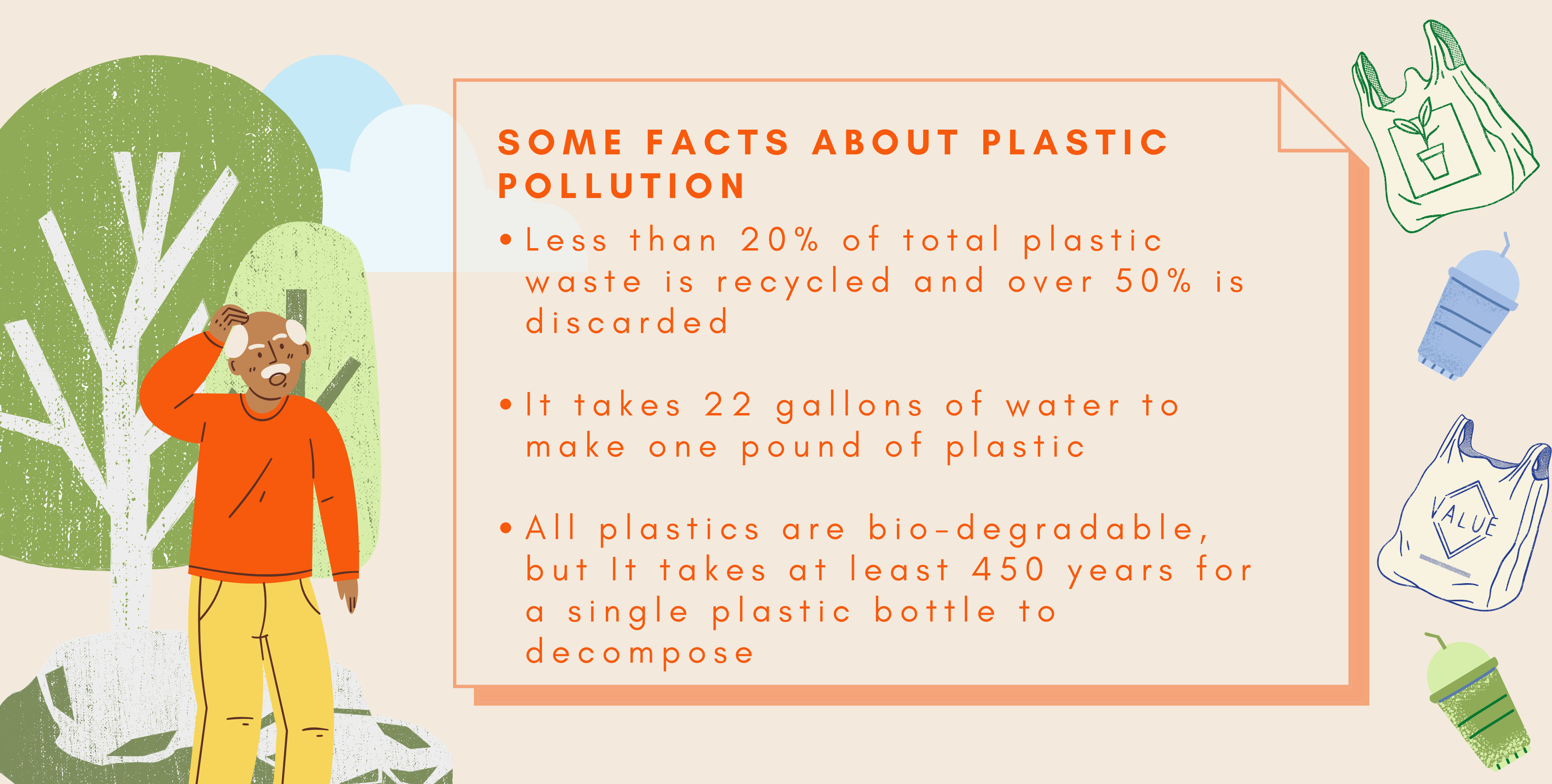Are Plastics Really Bad for the Environment?

The problem of plastic pollution is grossly misunderstood by the masses. Paper and metal straws can combat this problem only when used daily, and replacing your plastic grocery bag with a cloth one would have a considerable impact (although every step counts!) when you use the same bag for the rest of your life.
380 million tonnes of plastic articles are produced globally every year, and the demand for plastics is not going to diminish in the near future. Plastics have many positive uses, like acting as a substitute for heavier materials in machines saving on fuel, a durable material and equally versatile that can be used for many purposes. But when plastics are not recycled properly it leads to many disruptions in the ecosystem and accumulates in the food chain having an adverse impact on human and animal life.

The term biodegradability has a positive connotation but what it actually alludes to is the characteristic of articles to break down to its base ingredients but this break-down causes more carbon to be released into the environment. If applied correctly plastic could be used as a ‘carbon sink but since most plastics are not disposed of correctly they lie in oxygen-deprived landfills and release methane and choke marine life before it can break into smaller components.

This obsession with biodegradability is the main reason why plastics are made out to be the villain in this narrative. Instead of biodegradability, the focus should be on bio-based plastics that can also be produced sustainably from plants using starch and cellulose produced by photosynthesis. The United Nations Intergovernmental Panel on Climate Change states that to limit global warming we must lower it to pre-industrial levels, removing 10 gigatons of CO2 by 2050. Nonbiodegradable plastic could play a useful role in achieving this goal as sequestered carbon in plastics could reduce the levels to 10 gigatons in 30 years if the entire world started using plastics responsibly.
Just like the versatile plastics, we must adopt a flexible approach to sustainable development too. Human habits of overconsumption and treating things as easily replaceable is the cause for the current global crisis. Criminalizing a revolutionary material will not solve our problems, while plastics do contribute the most to the pollution problem but it is just an effect of the causal factor that is human negligence and consumption habits. Switching to sustainable items is always better but one must assess their consumption habits before laying the blame on plastics.
Sources & References
https://www.scientificamerican.com/article/wait-plastic-can-be-good-for-the-environment/#
https://www.nature.com/articles/d41586-021-01143-3
